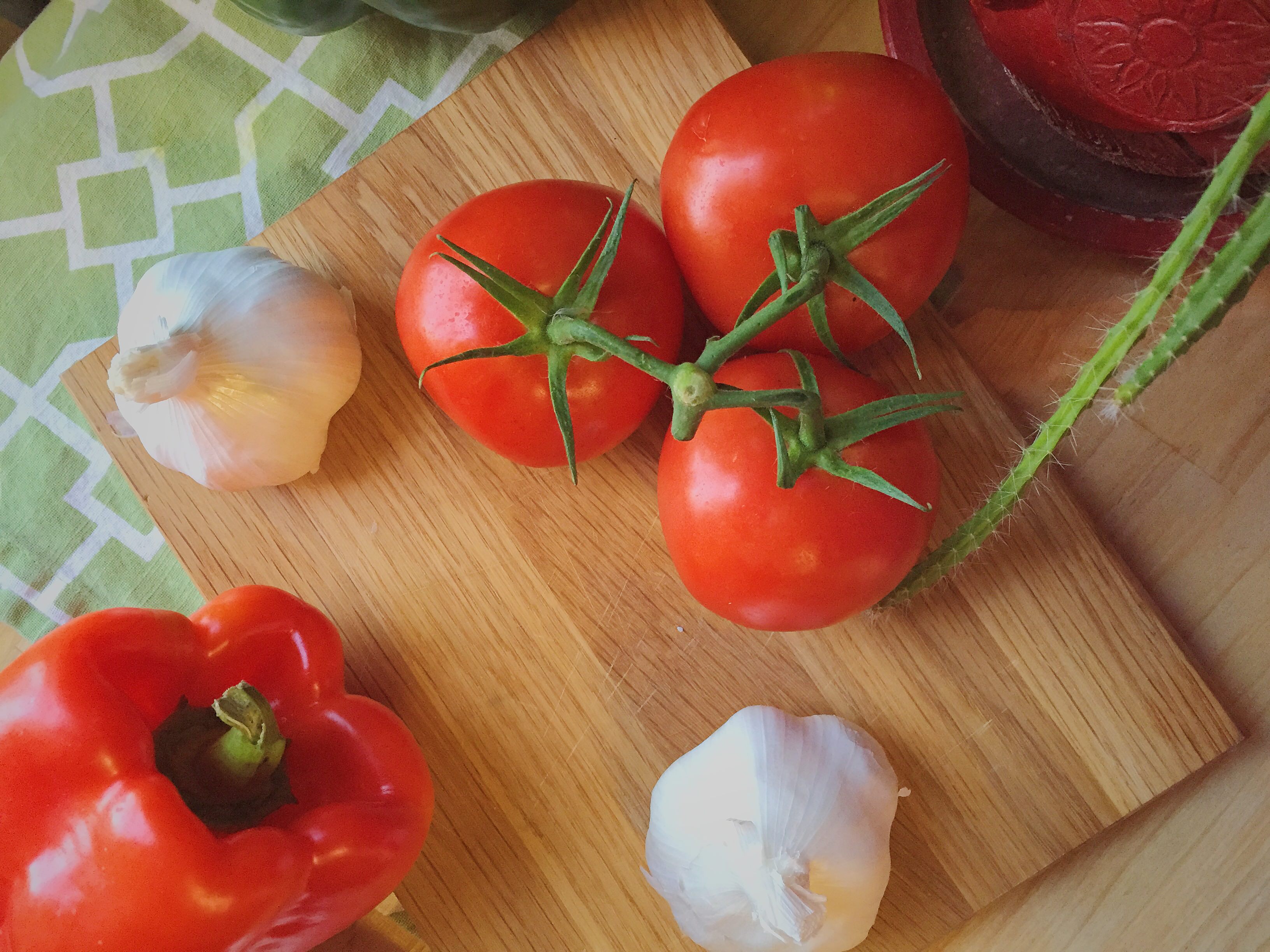
One day Nate and I decided to move from Plymouth, Massachusetts to Charleston, South Carolina, and three weeks later we did it. I think I was about as ready as anyone can be for something like that. I think I was about 80% ready.
And usually with these huge changes, I’ve been a lot less ready—but someone else has been ready for me. Americorps, grad school, they had routines and duties and people lined up for me to throw myself into. I knew people who’d moved to new cities completely alone after college, but I couldn’t relate to them. I envied them their spending money and their professional-wardrobe jobs; only now can I even approach any understanding of the crushing loneliness they must have felt, dropping their keys every night in whatever tiny apartment they had found. Of what it’s like to feel a riptide pulling you away from your perfectly fine life, to follow it with some excitement, and then to ask the ocean several times when you’ll be there until you realize that this, treading water in this wide nothing, is it.
In our case, we went from spending, collectively, four hours a day commuting, to forty minutes a day. We went from having four or five groups of people we could make weekend plans with, to zero. From a little downtown church we liked to the land of a thousand (seemingly identical) churches. From a cozy little house that seemed made of windows to an apartment whose blank white walls seem to expand, retreating us farther into the dim building, overnight. I went from a bustling startup office space 40 hours a week to working from home 30 hours a week.
It’s been an eerily quiet few weeks.
—
I bought Shauna Niequist’s Present Over Perfect on a bit of a whim, and when I started reading it, one little chunk at a time, trying to drag it out and absorb everything, I was immediately disappointed. The writing was so lovely and funny and honest, the story so familiar and yet different from mine, but the whole entire damn thing is all about living a slower, more grounded life. About eliminating commitments and half-real relationships and tasks of imaginary importance.
To say that I resented being told I should do what I was being forced to do would be an understatement. My eyes would travel from the book to my blank planner to Nate, my only human connection within a four-hour drive, and somehow, knowing that millions of people would revel in this state of affairs only made me deeply, inexplicably bitter toward those people. But Shauna kept drawing me in. And I started cooking.
It’s our shared love of elaborate meals that will keep me reading every book Niequist writes until the end of time. If at every other hour of the day I hated feeling alone, unuseful, and boring, I was able to lose myself in cooking. I gloried in our new dishwasher. Our CSA shares started coming, baskets brimming with local food, and this, at least, made me feel that the ground of South Carolina was mine, too. I made bread. Nate made me breakfast sandwiches out of it.
And some combination of that near-daily ritual with Shauna’s gentle words—full of wonder at how lovely the quiet life can be—soon made me half-grudgingly, half-elatedly realize that this little window is a gift. Who in the world gets to make food for their family every day? How many people are ever offered such a blank slate after they’ve grown up a little, figured out what they really want? How often does anyone get such extravagant margins with which to decide how they will live? How many books would my favorite mama-writers have written in the amount of time I’ve already wasted?
These questions, though, they often take on the tone of your life. When I was still thinking of this time as an exile, they felt accusatory. Of course I knew I should be grateful. Of course I was inadequate to the task of making the most of the situation.
Until, as is usually the case with me, I started pretending to be the good person I wasn’t.
I just got tired of railing against the situation, and stopped. And then there was even more of the dreaded, horrible quiet.
And then there was a whisper: stop seeking. just wait.
And in that blank space, like floating in water, the beginnings of a life began to emerge, one little thing at a time. Not the things that are, like, recognizable as a life—a full schedule and a full travel mug of coffee and a car and people who breathlessly tell you how much they appreciate you as you pass each other rushing in different directions. Just, the realization that I am not only able but, in fact, driven to collect as many houseplants as possible. Just a little writing opportunity I wouldn’t have found if it weren’t for my new days off. A cascade of writing ideas where before there had been only overwhelm. A few prayers besides the same frustrations, fears, and questions I’d been hurling at the sky the past many months. And a lot of fresh-vegetable meals.
This may not be anyone else’s definition of success, but this is my life. This is the life I get to say yes to, one little thing at a time.

 My irritation, though, was not only with the sighs of neeeeed inspired by the coffeemakers in people who, weeks or months earlier, had been quite content not to own a thing they hadn’t imagined existed. Nor was it only with the inferior (but outrageously expensive) coffee produced, the bizarre noises that seem to be necessary for the Jetsons-like effect of the process, or the ecological disaster that is the unrecyclable K-cup. Rather, I have come to realize what my initially almost-unexplainable discomfort with the Keurig’s popularity really reveals: the Keurig, like any tool or technology, is the physical instantiation of a whole mess of assumptions. In this case, they’re assumptions about machines, about humans, and even about coffee which, to my mind, make the Keurig the culmination of the entire phenomenon called “late modernity”. Here are a few of them:
My irritation, though, was not only with the sighs of neeeeed inspired by the coffeemakers in people who, weeks or months earlier, had been quite content not to own a thing they hadn’t imagined existed. Nor was it only with the inferior (but outrageously expensive) coffee produced, the bizarre noises that seem to be necessary for the Jetsons-like effect of the process, or the ecological disaster that is the unrecyclable K-cup. Rather, I have come to realize what my initially almost-unexplainable discomfort with the Keurig’s popularity really reveals: the Keurig, like any tool or technology, is the physical instantiation of a whole mess of assumptions. In this case, they’re assumptions about machines, about humans, and even about coffee which, to my mind, make the Keurig the culmination of the entire phenomenon called “late modernity”. Here are a few of them: